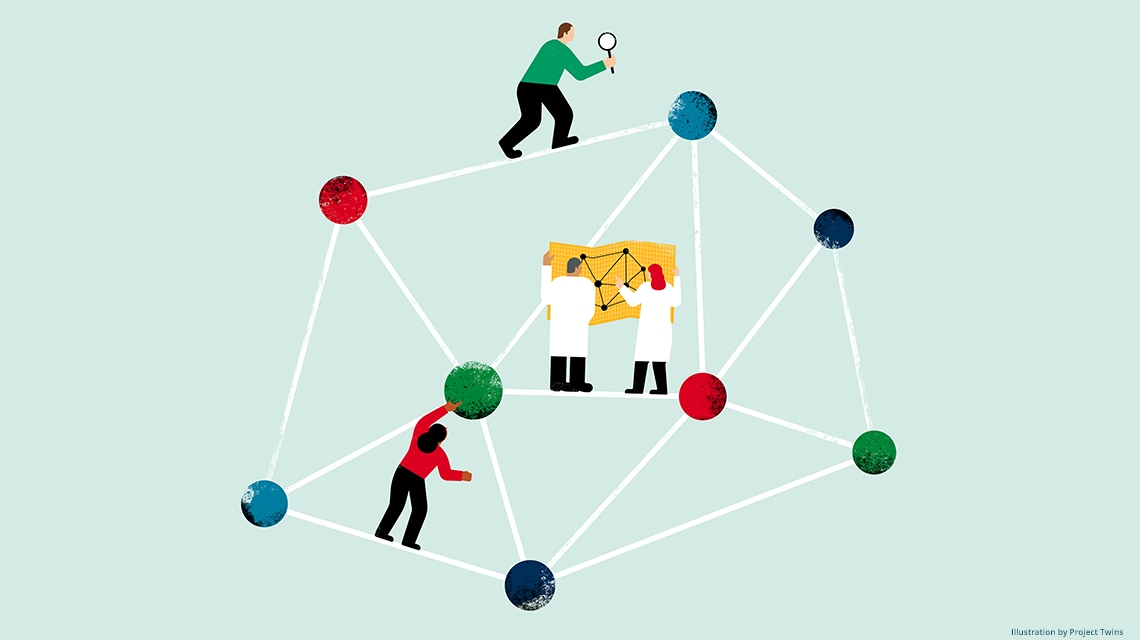A conversation in progress - shaping the future of English
When we launched our Let’s Talk English campaign earlier this year, our purpose was clear: to create an open space for the education community to explore how GCSE English teaching, learning and assessment could evolve to better serve every student.
We didn’t start with answers or predetermined solutions; we started with questions — and an invitation for teachers, students and education leaders to share their experiences, insights and ideas about what English could become.




